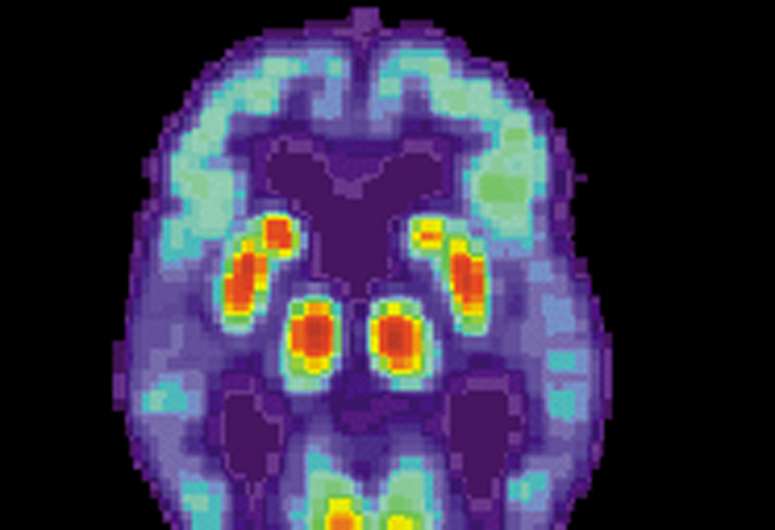Sleep and Alzheimer's disease connection

How often do you get a good night's sleep? Centers for Disease Control and Prevention guidelines recommend adults get an average of at least seven hours of sleep a night. Dr. Ronald Petersen, a Mayo Clinic neurologist, says prolonged lack of sleep could raise your risk of many health issues, including Alzheimer's disease.
Getting a good night's sleep is important. Lack of sleep increases your risk of daytime sleepiness, weight gain and even heart disease. Now you might be able to add Alzheimer's disease to that list.
"There were several studies on the impact of sleep, on developing cognitive impairment and maybe even Alzheimer's disease, showing that disrupted sleep, sleep apnea, various disorders of breathing can be deleterious with regard to cognitive function, and maybe even the development of Alzheimer's disease," says Petersen.
Petersen says the theory behind the sleep-Alzheimer's link has to do with a substance called amyloid.
"Amyloid, one of the proteins that's thought to cause the disease, may build up in the brain normally throughout life, but, at night, when we're sleeping, particularly when we get into deep sleep, the protein gets cleared from the brain."
So if you don't get into deep sleep, amyloid may not be cleared from your brain.
"It's conceivable that impaired sleep over many years may actually enhance the buildup of these abnormal proteins in the brain."
Sleep hygiene is very, very important.
"If you do have a disorder of breathing in sleep, get that addressed and treated earlier rather than later."
©2017 Mayo Foundation for Medical Education and Research
Distributed by Tribune Content Agency, LLC.





















